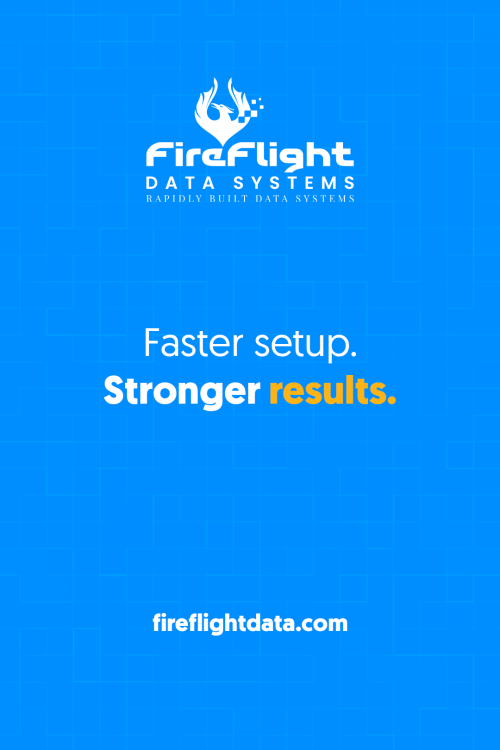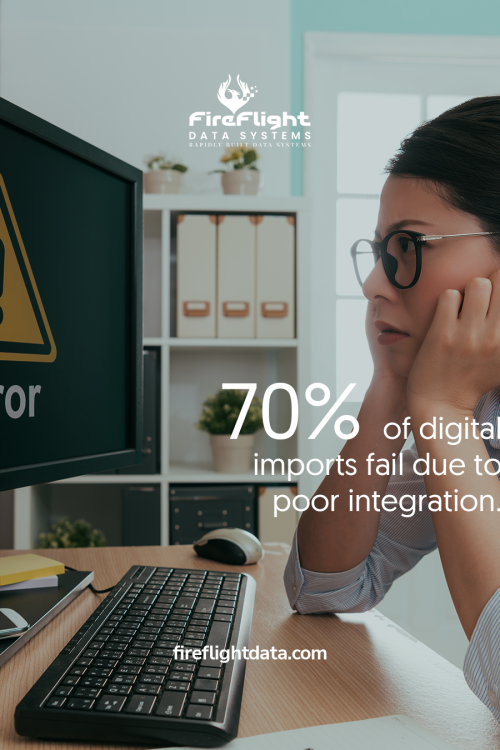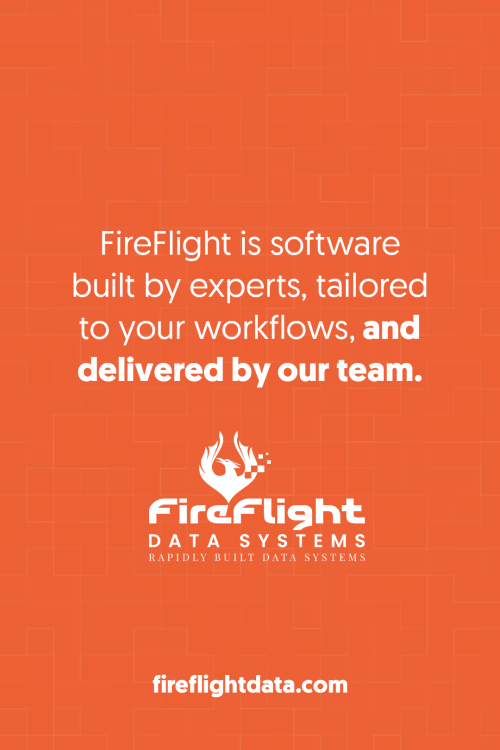
Why ERP is Critical for SMBs Today
In today’s fast-moving business environment, small and mid-sized businesses (SMBs) can no longer rely on spreadsheets or disconnected tools to manage operations. Enterprise Resource Planning (ERP) software provides a central hub for financials, inventory, sales, production, and customer data. Having a unified system is essential for improving efficiency, reducing costs, and enabling growth.
But for many SMBs, the big question remains: should you invest in traditional on-premise ERP or move to modern cloud ERP software?
What is On-premise ERP?
On-premise ERP is installed and run on servers within your own facilities. Businesses purchase the software license, set up their own infrastructure, and manage upgrades, maintenance, and security internally.
Advantages:
– Full control over data and infrastructure.
– Customization tailored to highly specific workflows.
– No dependency on internet connectivity for core operations.
Disadvantages:
– High upfront costs for servers, licensing, and IT staff.
– Ongoing expenses for upgrades, security patches, and maintenance.
– Limited scalability as expanding requires more hardware and resources.
– Longer implementation times which can slow down agility.
What is Cloud ERP?
Cloud ERP software is hosted by a provider and accessed through the internet. Businesses typically subscribe to the service and pay monthly or annually, avoiding large upfront infrastructure costs.
Advantages:
– Lower entry costs with predictable subscription pricing.
– Automatic updates and security handled by the provider.
– Rapid deployment and easy scalability as your business grows.
– Access from anywhere, supporting remote and hybrid teams.
– Seamless integration with other cloud applications.
Disadvantages:
– Dependence on stable internet connectivity.
– Limited ability to customize deeply compared to on-premise.
– Ongoing subscription fees which may accumulate over time.
For many SMBs, the term “cloud” raises questions about data security and privacy. That is why Phoenix Consultants Group (PCG) Secure Cloud is a critical innovation. Unlike generic public cloud services, the PCG Secure Cloud is a privately hosted environment designed with enhanced data protections, regulatory compliance, and end-to-end encryption.
FireFlight on the PCG Secure Cloud delivers shared infrastructure efficiency with private, isolated data protection for every customer.
This model bridges the gap between traditional on-premise control and modern cloud accessibility, giving SMBs the best of both worlds: lower cost of entry, robust protections, and scalable growth without sacrificing security.
Recent Posts


No More Expedites: The Kitting Fix That Cut Costs and Improved Service


Dock-to-Stock in 30 Minutes: A Simple Receiving Playbook

Join Our Pre-Release List
We are thrilled that you are interested in the FireFlight Data Systems. Very shortly, we’ll be opening our demo site up for FireFlight Data Systems Release 5. It’s an exciting time and the new release has so many features we can’t even list them here. Please put in your Name and Email Address and we will keep you up to date on the latest launch date. The FireFlight Design Team at Phoenix Consultants Group.
The Secure Cloud Difference
Key Differences Between On-premise and Cloud ERP
When comparing cloud ERP vs on-premise ERP, the main differences lie in cost, flexibility, and accessibility:
– Cost: On-premise requires large upfront investment, while cloud is subscription-based.
– Deployment speed: Cloud ERP can be implemented in weeks, compared to months or years for on-premise.
– Maintenance: On-premise demands dedicated IT resources, while cloud solutions handle this automatically.
– Scalability: Cloud ERP scales quickly with business growth, while on-premise systems require costly infrastructure expansion.
– Accessibility: Cloud ERP offers real-time access from anywhere, making it ideal for mobile and remote workforces.
When you add a private secure cloud option like PCG Secure Cloud, SMBs gain not just flexibility and cost savings but also enterprise-grade data protection.
Which is Best for SMBs in 2025?
The business technology landscape has shifted dramatically in recent years. According to market research, cloud adoption continues to accelerate, with SMBs leading the way due to the affordability, flexibility, and resilience cloud solutions provide.
For SMBs in 2025, cloud ERP software, especially when hosted in a secure private cloud environment, is generally the smarter choice. It aligns with the need for agility, supports distributed workforces, and ensures you are always running on the latest technology without the burden of manual upgrades.
FireFlight Data Systems, delivered on the Phoenix Consultants Group Secure Cloud, offers exactly that balance. SMBs get enterprise-grade ERP features for financials, inventory, operations, and analytics, combined with the assurance that their data resides in a private, secure, and compliant hosting environment.
Conclusion
Choosing between cloud ERP and on-premise ERP comes down to weighing control versus flexibility. On-premise may still make sense for a handful of large enterprises with highly specific compliance requirements. But for most SMBs in 2025, cloud ERP software, especially when paired with private hosted secure data solutions like the PCG Secure Cloud, offers a faster, safer, and more future-ready approach.
FireFlight Data Systems empowers you to focus on running your business, not managing servers. With the added security of the PCG Secure Cloud, you do not have to choose between flexibility and control, you get both.
Discover how FireFlight ERP on PCG Secure Cloud can help your business thrive.



Ready to see the difference?
Schedule your FireFlight demo today and unlock a clearer path.


